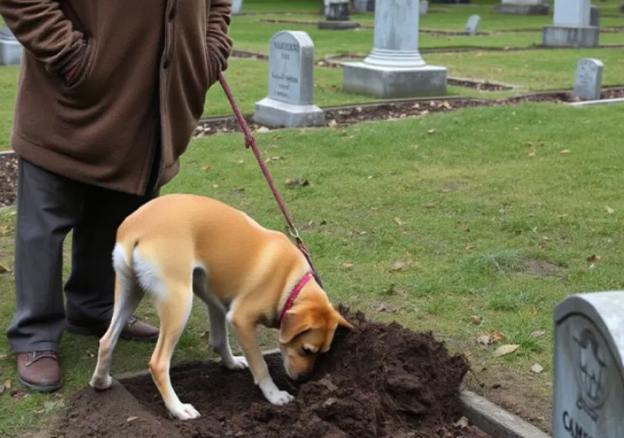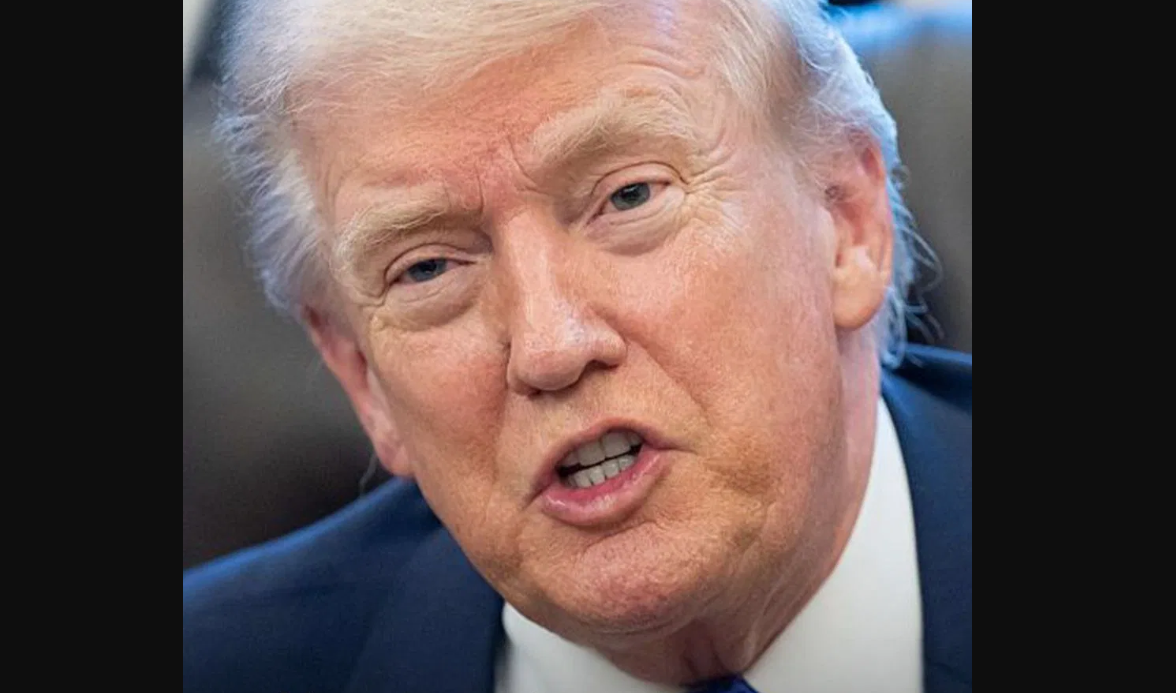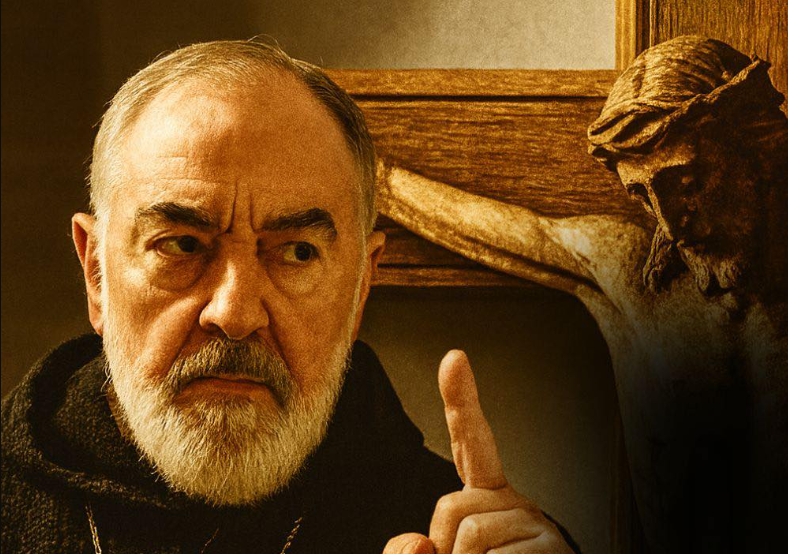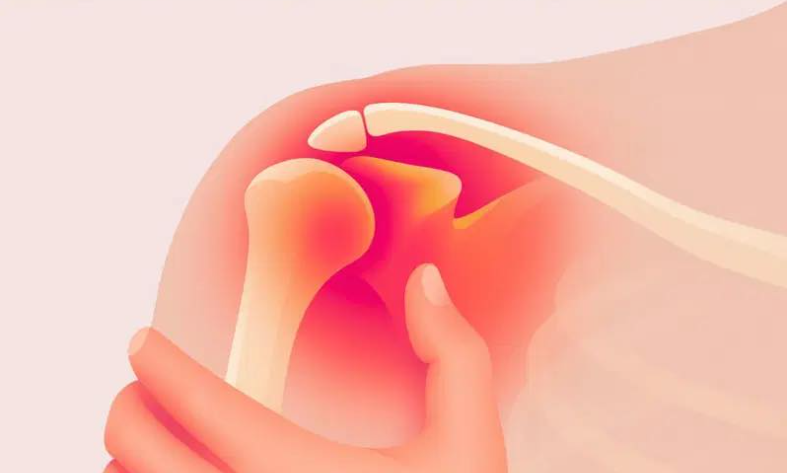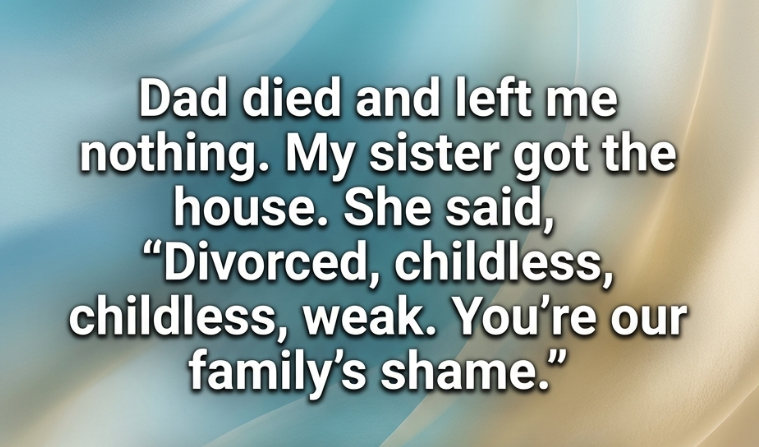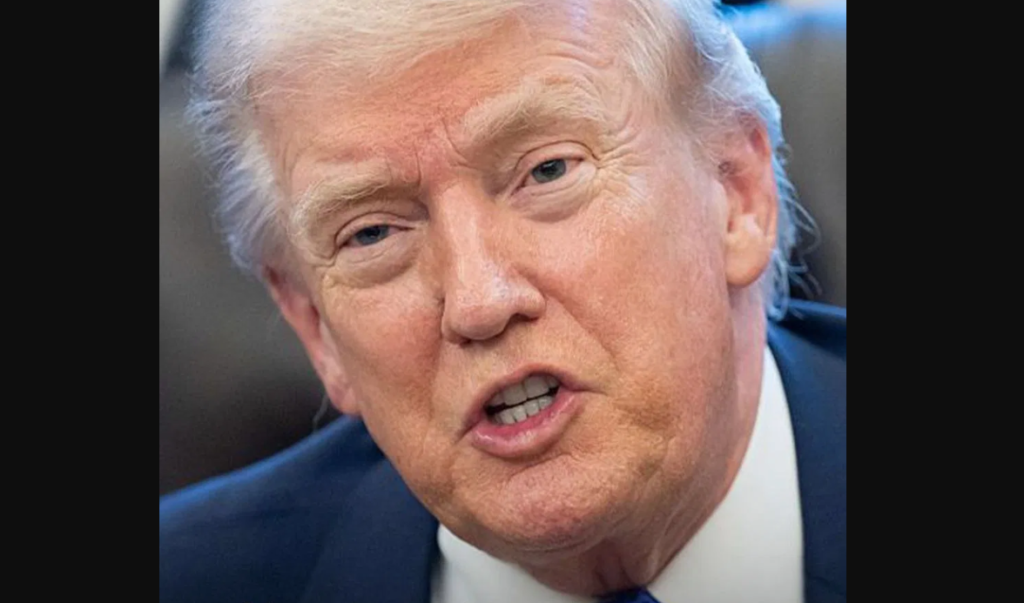Fyodor Petrovich had long dreamed of visiting the cemetery to see his son. For years, poor health kept him from fulfilling that wish. But today, he woke up feeling a little stronger. The paint and tools had been ready for months, and after breakfast, he began to prepare.
Two months earlier, he’d noticed that the fence around his son’s grave had become crooked and the little gate was hanging unevenly. It wasn’t surprising—nearly ten years had passed since he buried Sasha.
Sasha wasn’t his biological son. Fyodor Petrovich and his wife had lived together for 20 years without children. Eventually, they decided to adopt from an orphanage. There, a skinny five-year-old boy caught their attention—his sad eyes haunted Fyodor.
“Why is that boy sitting alone?” he asked.
“Sasha is special,” one of the staff said. “His mother left him here six months ago. It was heartbreaking. He cried and clung to her. Since then, he’s withdrawn—he doesn’t trust anyone.”
Fyodor and his wife felt something shift inside them. They started the paperwork and began taking Sasha on walks. He did everything they offered—ate ice cream, rode carousels—but his eyes stayed empty.
It took a full year before Sasha began to look at them without fear. One evening, he came to Fyodor and asked quietly:
“Will you really never leave me?”
“Never,” Fyodor promised.
From then on, Sasha was their child in every way. He grew into a kind, respectful young man. He studied hard and eventually enrolled in a military school—something rare in their village. His parents were immensely proud. On holidays and breaks, Sasha returned not to relax but to help them. Everyone admired the way Fyodor and his wife treated their son—with pride and deep affection.
Sasha stayed in service, and though they worried during his long silences, they never questioned his bravery. Later, due to health issues, he was discharged. He grew quieter… and sick. Two years later, Sasha passed away from an illness discovered too late. Fyodor’s wife died shortly after, leaving him truly alone.
That morning, as he stepped into the yard, his old dog Buyan ran to his side. The dog, now elderly too, was like a reflection of Fyodor himself.
“Well, Buyan,” he said, “shall we go visit Sashenka? Let’s go.”
Buyan wagged his tail as if he understood every word.
They walked through the village and toward the cemetery, nearly a kilometer away.
“Good afternoon, Fyodor Petrovich! Where are you two headed?” called Marya Stepanovna.
“Going to visit my wife and son,” he replied. “Time to fix up that fence.”
“Should you be doing that? What about your health?”
“No grandkids to ask. And you know how it is these days—pay someone, and you end up doing it all over again.”
At the cemetery entrance, a stranger passed them without a word. That was unusual—everyone in their village at least said hello. Fyodor frowned but moved on.
Storms the week before had left the cemetery messy with broken branches. Fyodor sighed. “So much to do, eh, Buyasha?”
Suddenly, Buyan growled. Fyodor looked down. “What’s wrong, boy? That man upset you too?”
As he gathered branches, Buyan began digging furiously by the fence. Earth flew in every direction. He barked and whimpered, then barked again—insistently.
Fyodor approached. There, in the freshly disturbed earth, was the corner of a cardboard box. It hadn’t been buried long—the cardboard was still firm.
He pulled it out, and something inside moved.
He tore open the box, and Buyan spun circles, barking wildly.
Inside, wrapped in rags, was a tiny, naked baby girl. She opened her mouth, struggling to breathe. No scream—just a weak attempt. She’d been buried alive, likely for less than an hour.
“Oh my God.”
He grabbed her and ran.
Buyan sprinted ahead, barking louder than Fyodor had ever heard. Fyodor’s chest ached. His breath burned. But he didn’t stop.
They reached Olga Sergeyevna’s house, the retired village medic. She was in her garden when she spotted him. Quickly rinsing her hands, she rushed over.
“Fyodor Petrovich, what happened?!”
“Box… cemetery… baby…” he gasped, handing her the child.
The baby whimpered. Olga sprang into action, swaddling her in a towel. Her husband called for an ambulance.
Soon, the yard was swarming with paramedics and police. Neighbors gathered, offering help. Someone gave Fyodor heart drops.
The next day, a car Fyodor didn’t recognize pulled up to his home. Still sore from the day before, he tried to rise.
Sasha, Olga’s husband, stepped out to see who it was.
A man approached the door. “Are you Fyodor Petrovich?”
“Yes.”
“I’m Herman—the baby’s grandfather.”
The man placed a box of goods and a stack of money on the table. “This is for you. I know money can’t express it all, but I had to thank you.”
He sat down and explained everything.
“My daughter married a man I didn’t trust. When she died giving birth, I found out too late. Her husband wanted to claim her inheritance—and decided to get rid of the child. He’s been arrested. That baby… she’s all I have left.”
“Is she alright?” Fyodor asked.
“Yes. Thanks to you, she’s safe.”
Fyodor told him everything—from the crooked fence to the moment Buyan started digging.
Two weeks later, he could finally walk normally again. The box Herman left had enough to cover not just a new fence, but a beautiful monument.
One bright morning, he grabbed a tape measure. Buyan followed.
“Coming with me, friend?” he asked.
Buyan barked and wagged his tail.
Along the way, they met Marya Stepanovna again.
“Where to now, Fyodor Petrovich?”
“To the cemetery. Herman left money, so I’m measuring for a new fence. That old one’s no good.”
She watched him go, then crossed herself gently. She knew more than he thought—she’d seen what had been done.
But when Fyodor reached the cemetery, he stopped in awe. Before him stood a memorial so grand and elegant—black wrought-iron fences, white gravel, tall black headstones. Names etched in stone: his wife… and Sasha.
It was Herman’s doing.
Fyodor bowed his head. “Thank you, kind man. You did right by them.”
He sat on the bench between the graves.
“Well, my dears,” he whispered, “now we can rest. I didn’t come before because I had things to do. But now… now everything’s in place.”
That evening, Marya Stepanovna saw Buyan return home alone. The dog whined at her feet. She gathered neighbors and rushed to the cemetery.
They found Fyodor on the bench, peaceful, smiling.
He was gone.
Herman arranged the funeral. Buyan refused to leave the old man’s side, even when offered a new home. Two years later, the loyal dog passed away near the same grave, buried next to the beautiful fence—forever close to the family he loved.
